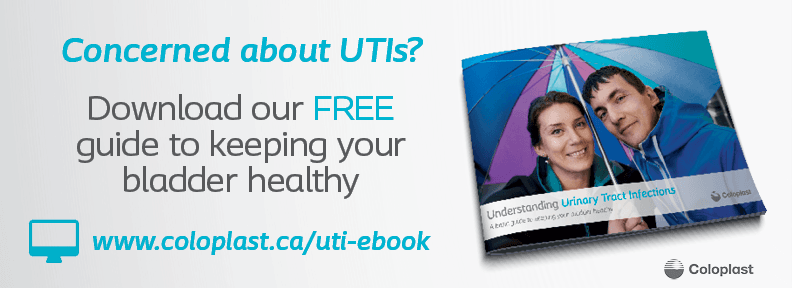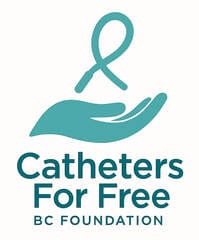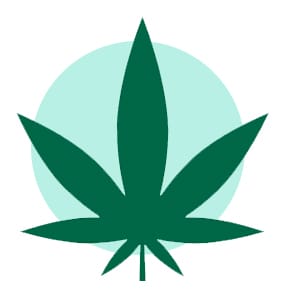With summer approaching and temperatures rising, now is a great time to quench your thirst for answers about bladder issues with help from our sponsors and friends at Coloplast.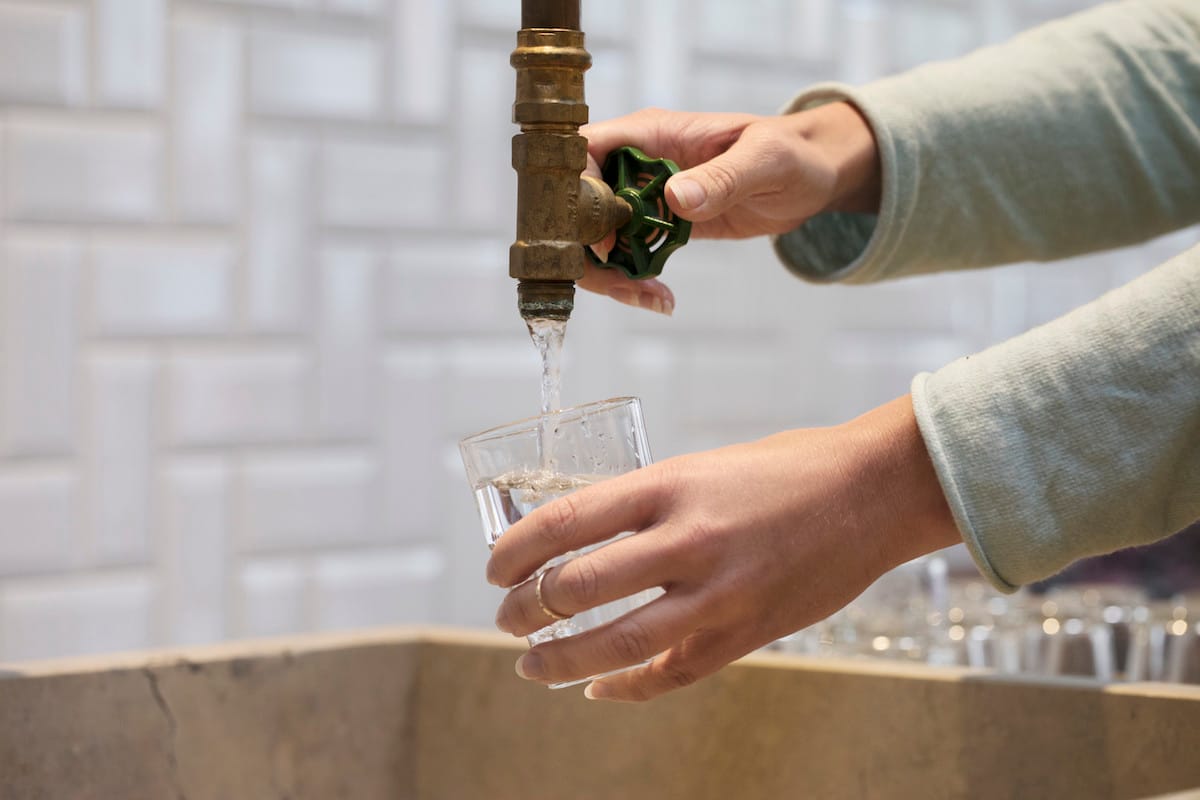
How much should you drink?
Why is it important to keep drinking when you have issues emptying your bladder?
When you have certain bladder issues, you might feel less encouraged to drink a lot of water, because you feel that this increases your problem, but it’s actually the opposite.
When you are well hydrated, your urine is more diluted and less irritating to the bladder. Not drinking enough fluid can make your symptoms worse. Instead, you should time your intake as well as your bathroom visits to gain better control.
Drinking lots of fluid can help flush bacteria out of your bladder. Water is the best option, but fruit juices can count towards some of your fluid needs as well.
Drink at least six 8-ounce glasses (equivalent to 1.5-2 liters) of fluid every day. Always check with your health care provider, as some medical conditions may require you to limit your fluid intake.
TIP: Fill one or more bottles or jugs with the recommended amount of water and store them in the fridge. Then the water is kept nice and cold and you know that once you have emptied them you have reached your daily amount.
When you travel or do sports you might want to drink less, because you are afraid of leakage or don’t want to catheterize at inappropriate times. But it is even more important to drink then.
If you travel in a hot climate or sweat during physical exercise you risk dehydrating if you don’t drink adequately.
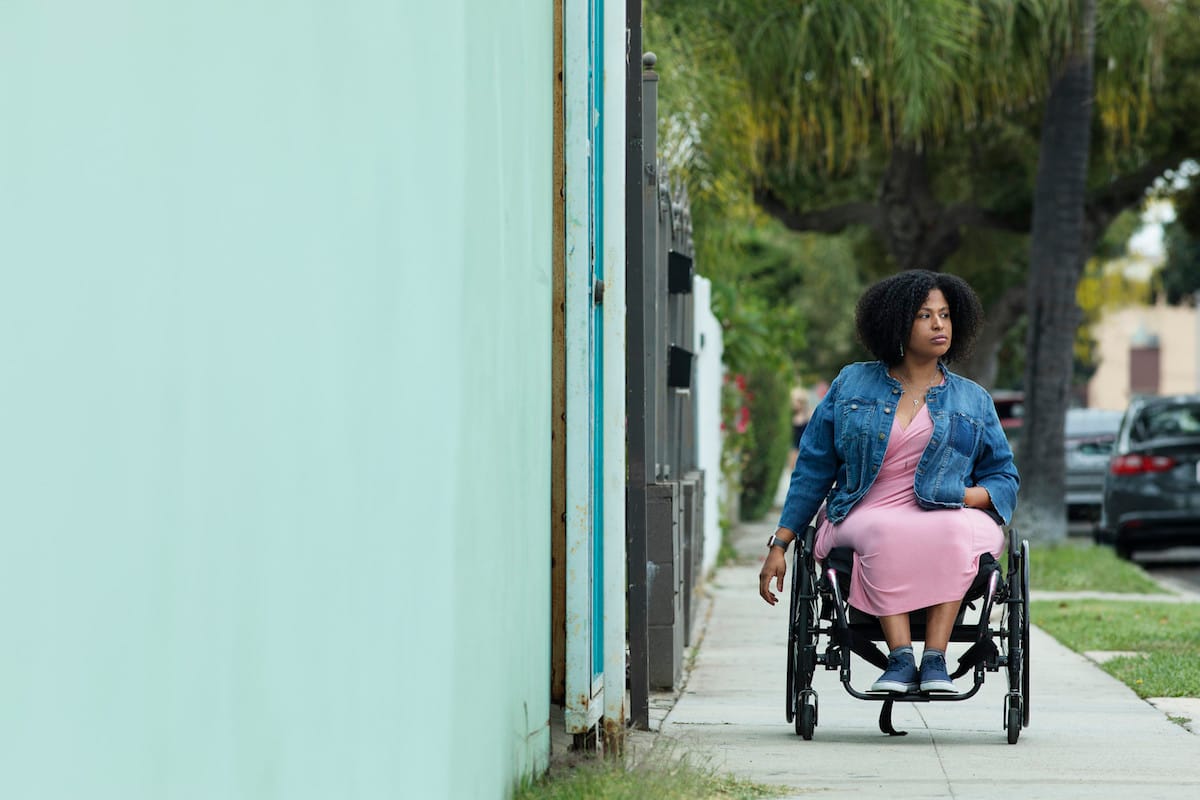
When you have a urinary tract infection (UTI)…
Increase the amount of water you drink when you’ve got a UTI. Fluids perform two jobs: they help flush bacteria out of your bladder, and thin (dilute) your urine.
Urine is made of waste products from your body. Concentrated, dark urine is more irritant and is sometimes more painful to pass when you have a bladder infection. Diluted urine is lighter in colour and usually doesn’t burn as much.
Avoid caffeinated drinks like coffee, tea or fizzy drinks. Caffeine can irritate your bladder even more when you have an infection.
Note: Content sponsored by Coloplast. These are general guidelines meant to help you with typical questions. You should follow the specific instructions provided by your healthcare provider and the intermittent catheterization solution you are using.
